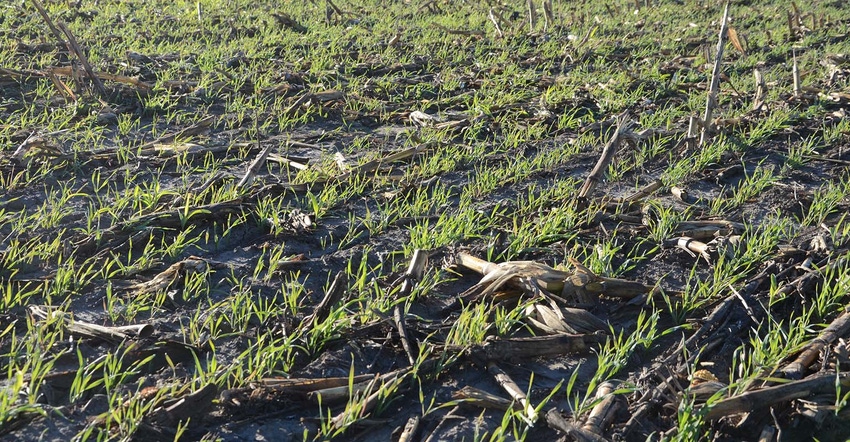March 5, 2019

General Mills intends to partner with organic and conventional farmers, suppliers and trusted farm advisors in key growing regions to drive the adoption of regenerative agriculture practices on 1 million acres of farmland by 2030. It is estimated that the global food system accounts for roughly one-third of greenhouse gas emissions and 70% of water consumption.
Regenerative agriculture is a holistic method of farming deploying practices designed to protect and intentionally enhance natural resources and farming communities. These practices focus on pulling carbon from the air and storing it in the soil in addition to helping the land be more resilient to extreme weather events. General Mills will partner with key suppliers to drive adoption across key ingredients including oats, wheat, corn, dairy feed and sugar beets.
“Our first on-farm training and education academies will focus on North American growers where we source high-quality oats for Cheerios, Annie’s, Cascadian Farm, Nature Valley and Blue Buffalo,” said Jon Nudi, president of North American Retail for General Mills.
General Mills is granting $650,000 to non-profit organization Kiss the Ground to support farmer training and coaching through Soil Health Academies where growers will learn how to increase farm profitability, build resiliency into the land and decrease input costs using soil health practices.
“Investing in soil health and regenerating our soils has numerous benefits including water infiltration, reduced pest pressure, resilience to unpredictable weather, and reducing greenhouse gasses,” said Lauren Tucker, executive director of Kiss the Ground.
The announcement builds upon the company’s commitment to improve soil health and to reduce its absolute GHG emissions by 28% across its full value chain by 2025. General Mills reported it is nearly halfway to that goal, with its GHG emissions footprint down 13% in 2018 compared to 2010.
"We need companies like General Mills who have the scale and commitment to create sustainable agricultural systems," said Larry Clemens, North America Region Agriculture Director for The Nature Conservancy. "Efforts to improve soil health and enrich biodiversity are critical to addressing climate change and other environmental challenges."
About General Mills, which is solely responsible for the information provided and is wholly owned by the source. Informa Business Media and all its subsidiaries are not responsible for any of the content contained in this information asset.
You May Also Like




